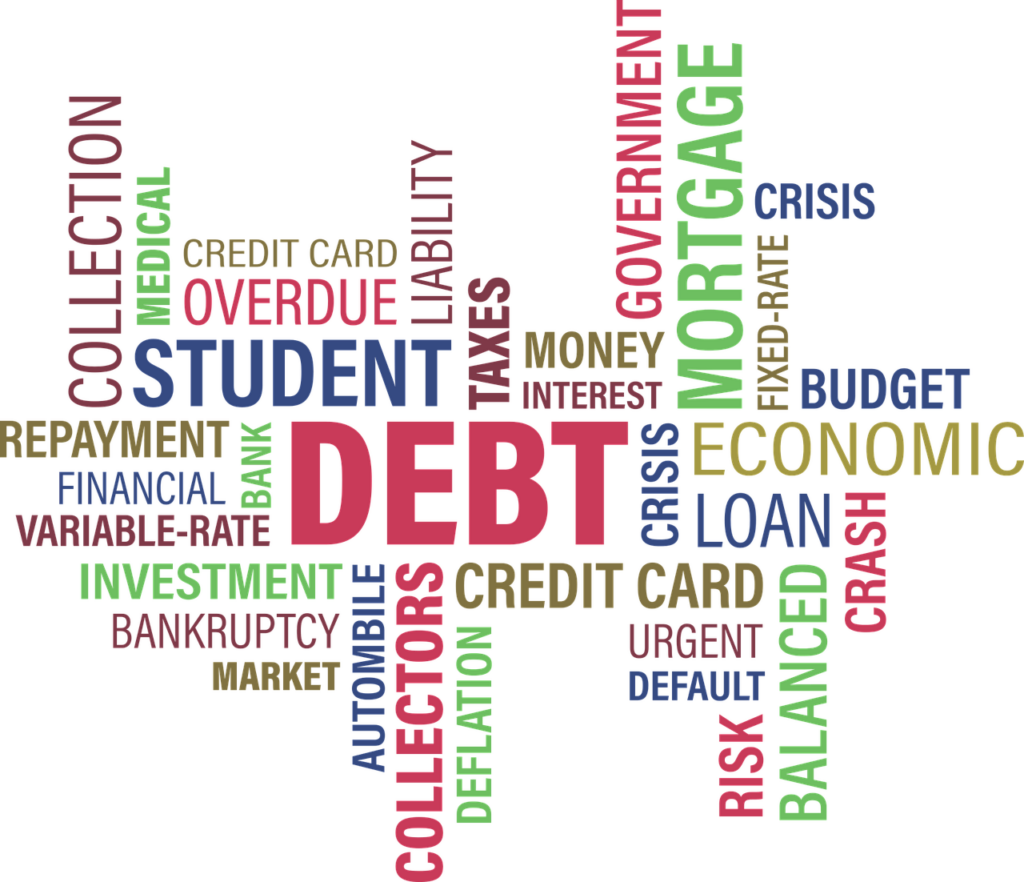How often do recessions happen? Are we headed for one?
These are questions I am being asked frequently these days, and how to recession proof one’s finances.
Decades ago, recessions would occur every three to four years. In today’s modern economic landscape, they are occurring less frequently.
However, the past does not predict the future. No one can guess the timing of a recession or what exactly will trigger it.
But given the current headwinds, it’s very possible that the next recession is at our doorstep.
Inflation is soaring and it’s proving incredibly difficult to get it under control. Raising interest rates to cool demand and bring prices back to reasonable levels have not worked to date but it’s the best lever central banks have.
And as rates climb, and people find financing big purchases more expensive and simply buying everyday basics painfully pricey, corporations are starting to feel the impact on their revenues and profits, stock markets are sinking, and layoffs have begun.
We can’t control economic and political decisions, supply disruptions and wars. But we can control how we prepare for an impending recession and protect our investments.
Below, are seven proven ways to recession proof investments, finances and more (before it’s too late):
Recession Proof Your Household
Make Sure Your Emergency Fund is in Place
When a recession hits, there’s a higher likelihood of job cuts and temporary layoffs. Working hours will be slashed, and economic-sensitive businesses will be particularly vulnerable.
If you feel that you may be impacted, build your emergency fund.
An emergency fund is a stash of money you set aside to help you pay for expected day-to-day financial obligations and unexpected ones.
In my mind, it’s the most important step one can take to recession proof themselves.
Aim to save a minimum of three months of your household income and keep it “locked away” in your savings account.
You’ll want to save six months of your household income as an emergency fund if:
- You’re in a job that’s vulnerable to an economic downturn
- You’re not easily re-employable
- You’re in a highly-specialized position and may have to relocate for gainful employment
- You’re running a business that’s dependent on consumer discretionary spending (in other words, the first thing people will cut if they’re hurting for cash)
If you’re thinking you don’t have the means to build an emergency fund, start small. Every bit helps and it’s better to take action now than to struggle later.
Pick up extra shifts, start a side-hustle, and curb the “splurge spending.”
Use what you can to your advantage while the economy is stronger because these opportunities may disappear when it’s not.
Cut the Discretionary Items
Go through all the “nice to haves” but non-essential items that you can cut when the signs of a recession start to show.
- Are you eating out a lot? Make more homemade meals.
- Groceries really expensive? Buy items on sale and in season, eat less meat, buy in bulk and freeze items. Invest in good storage containers to avoid spoilage.
- Limit TV subscriptions. Having Netflix, Crave, Amazon Prime and more add up. Pick one.
- Find cheaper options for your utilities and internet.
- Hit pause on magazine, newspaper and book subscriptions and head to your local library.
- Replace shopping mall visits with an outdoor activity.
The list is endless.
Pay Down Your Debt
When you borrow money to fund your lifestyle and needs, you’re liable to someone and obligated to pay them regular installments plus interest regardless of your circumstances.
A recession will no doubt bring stress. But you’ll feel doubly stressed knowing you owe money to a creditor.
Consider yourself lucky if someone sympathizes with you and gives you a break if you’re having a tough time making ends meet. Because the reality is if they too are struggling, even more reason they’ll want their money.
You may not be able to get rid of all your debt, which is understandable, so tackle your credit card debt first as it’s likely to come with high interest-rate penalties.
Also, beware of:
- line of credits
- home equity line of credits (HELOCs)
- callable loans
- investment margin loans
These can all be recalled without notice. While it’s unlikely that a creditor would ask for the payment in full, it’s possible they’ll put restrictive measures in place.
Now would be a good time to review your loan contracts.
Recession Proof Your Investments

It’s important to review your portfolio with an advisor or on your own on a regular basis to ensure your investments are set up to achieve your goals and can weather any storms that crop up.
Keep Funds For Short-Term Needs in Safe Assets
If your portfolio is set up correctly, then monies that you need to fund your lifestyle in the short-term (less than 2 years) should be parked in relatively safe and liquid investments such as:
- term deposits
- a high-interest savings account
- a money market fund
This way, you minimize any risk that you’ll need to sell investments at a loss to access your capital.
Remember that no one can predict when a stock market will correct and how deep that correction will be, however most markets typically recover within 2-3 years.
This is why investing in equities is a long-term game.
Have a Realistic Risk Tolerance
One of the biggest mistakes I see investors make is they invest in such a way that’s not aligned to their risk tolerance, leading them to make poor decisions.
Most overestimate their ability to handle volatility in the markets and pick high-risk assets hoping to make huge gains, but ignore the fact they can incur huge losses as well.
If seeing losses on your statement – even though they’re “paper losses” – makes you lose sleep, recheck your risk tolerance. And avoid the temptation to sell your positions if you don’t need the money right away, or else you’ll turn the “paper loss” into an “actual loss.”
Diversify Your Investments
There’s a saying – “Never put your eggs in one basket.” This means don’t bet on one or two investments to build wealth on.
As mentioned previously, no one can predict when a market event will occur but when it does, it will impact different investments to varying degrees. In fact, some stocks and assets may benefit from a recession while others will take a negative blow.
By spreading your money across different assets, you’re managing your risk and will mitigate your losses.
Take the opportunity to re-balance your holdings and ensure you’re diversified across different industries and geographies.
It could be a good time to keep some cash on the side and then swoop in to buy your favourite stocks or funds that will no doubt, be priced at a discount when a recession comes.
Go Defensive
There are sectors that are much more defensive in an economic downturn than others.
Think about products that do well regardless of whether there’s a recession or not. People still need to eat, pay their utilities, fill up gas, and brush their teeth, right? Companies that provide these goods and services will do relatively better than companies that sell things that people would cut in tougher times (i.e. eating out, high-end clothes, travel).
Also, in inflationary times, those products and services that are higher means they are able to pass on the costs and protect their margins. So again, oil and commodities, food and real estate stocks will outperform others.
They say never waste an opportunity.
With a bit of proactive planning, anyone can prepare for a recession and take advantage of a downturn.

